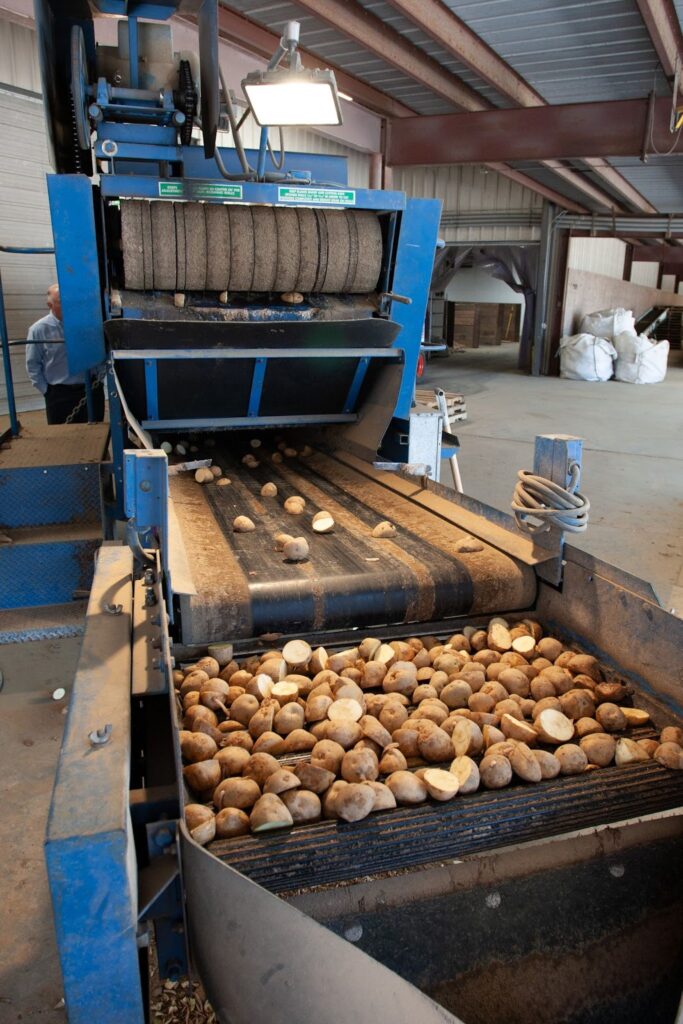
EnergyPedia states that 30% of all electricity consumed globally is from agriculture and food processing. That’s a lot of energy.
If you perform food processing on your farm or agricultural business, whether it’s drying produce, pasteurizing dairy, butchering meat, or something else, you will have probably noticed the sharp rise in your operational costs in the past few years.
In 2022, food prices increased by almost 10%, and in 2023, the following increases were also expected:
- Beef and veal: 4%
- Other meats: 4.6%
- Poultry: 3.4%
- Dairy products: 4%
- Fresh vegetables: 0.9%
- Processed fruits and vegetables: 8.5%
Inflation does have a lot to do with this but the running cost of an agricultural business has also increased, forcing farmers to increase the retail price for their produce. Prices for feed, fertilizer, and electricity have all shot up, putting agricultural producers under significant strain.
While prices are starting to ease up slightly, it’s unlikely they will ever drop to pre-pandemic levels. Therefore, solutions must be found.
Solar energy has the potential to play a big part in reducing agricultural operational costs. Aside from the initial installation cost (for which there are plenty of incentives), running solar panels is practically free and can provide your business with an unlimited supply of free energy.
Let’s look closer at the benefits of this powerful energy source for agricultural food processing.
In a Nutshell
- Going solar can drop energy bills by up to 96% or 100% if you go entirely off-grid.
- Agricultural food processing is hugely energy-intensive. Switching to solar power will significantly reduce operational costs.
- Solar energy reduces reliance on the grid and increases resilience when grid-based power is not available.
- Solar power can be used for essential food processing systems, such as refrigeration, heating and cooling, drying, and pasteurization.
- Switching to solar will greatly reduce your business’s carbon footprint and enhance your brand image.
- You can achieve long-term stability by using solar energy.
- Many solar tax credits and incentives are available, which greatly reduce the upfront installation costs.
Why Is Solar Energy Beneficial for Agricultural Food Processing?
Energy Cost Savings
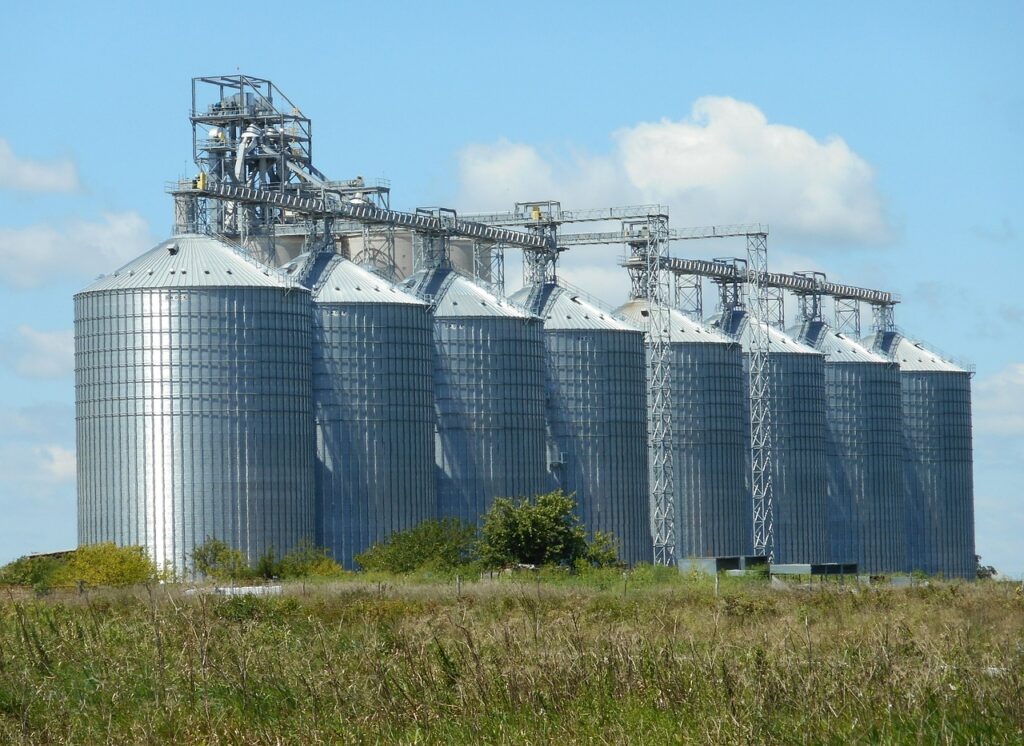
First and foremost, a solar system’s biggest benefit is an up to 96% reduction in your energy bills. This is an incredible amount, especially if your business is energy-intensive, which food processing usually is.
The reason it can be this much is two-fold. First, the solar panels generate enough power during the day to accommodate your energy consumption needs, so that’s a whole day’s worth of free power right there.
Second, solar panels typically produce more energy than you can consume during daylight hours. When this happens, the excess is sent to the grid in a process called “net metering.”
Essentially, for every kWh of solar-generated electricity that you send to the grid, you get 1 kWh worth of grid energy in return that you can use when your solar panels aren’t producing electricity.
This gives you round-the-clock power for an incredibly low rate.
Why isn’t it 100% free? Well, utility companies still have fees that you have to pay regardless of how much power you consume. If you’re connected to the grid, you’re liable for these fees no matter what.
But what about off-grid power?
If your solar system is entirely independent of the grid and you use solar batteries to store and use the excess power, then, yes, you can enjoy a $0 energy bill!
Reduced Operating Costs

Here’s a sobering fact. According to Save On Energy, “The U.S. consumes more energy each year growing, preparing, and transporting food than the United Kingdom does to power the whole country.”
That does include other energy sources, including gas and fuel for transport, but it’s still a staggering amount.
How much would your operational costs drop by if you wiped out your energy bill? How much would the profit you make on your produce increase by if you didn’t have to factor energy into the processing or production costs?
Think beyond your usual electricity consumption too.
Solar energy can replace costly and polluting generators that you might need in remote parts of your farm, and if you switch to electric vehicles, solar can power them too, bringing you an even bigger drop in operational costs.
Energy Independence
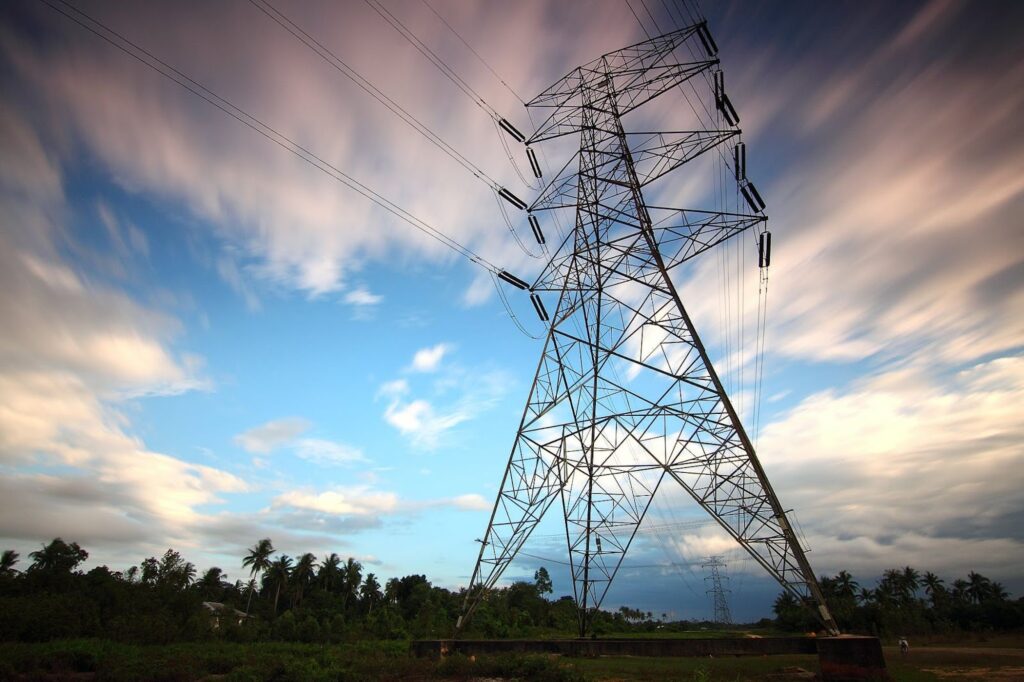
Energy independence is extremely important because it allows your business to remain resilient amid rolling blackouts and rising energy costs.
Food processing is sensitive work and requires specific equipment to run, temperatures to maintain, humidity control, and more.
Losing power even for a few hours can have a devastating effect. Just look at the impact of the days-long power outage Texas experienced in 2021. The loss to its economy was between $80 billion and $130 billion.
What would the impact be to businesses in Colorado if a similar outage was experienced here? After all, it’s not impossible since Colorado is a snowy state.
Switching to solar gives you an alternative and releases you from relying solely on the grid for your energy requirements.
While they might not be as effective as they are on a clear sunny day, solar panels still create electricity when there is snow or cloud cover, giving you power in even the most challenging conditions.
Solar Powered Systems
Let’s take a look at some of the most important systems in agricultural food processing and see how solar helps them.
Refrigeration
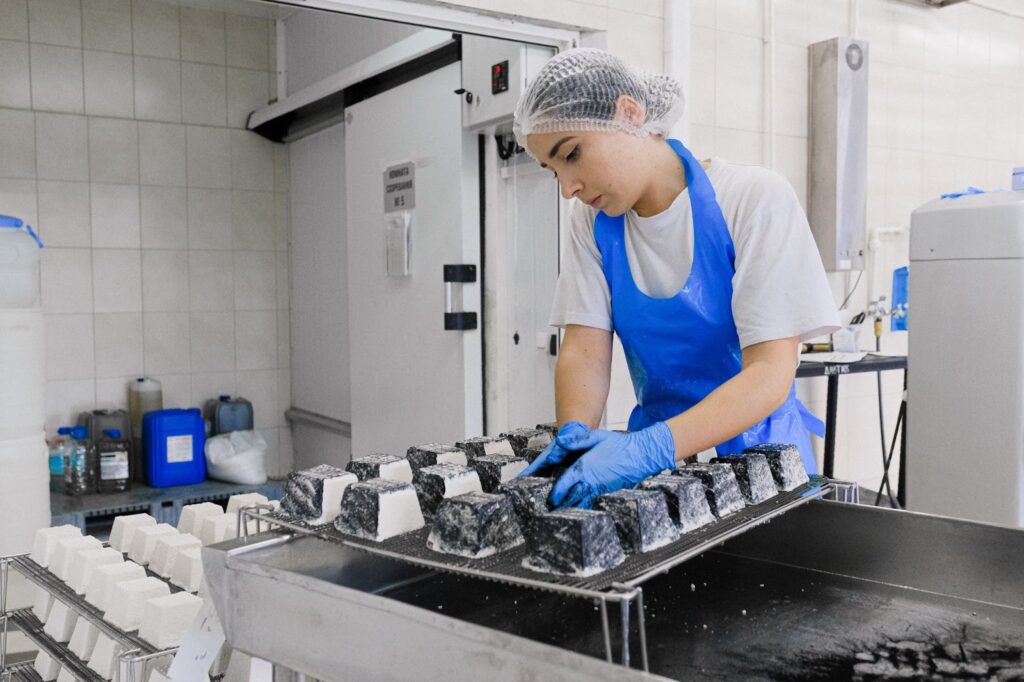
Refrigeration units must run 24/7 to keep their contents cool. In fact, the USDA states that if a fridge is left without power, it only takes four hours before meat, poultry, fish, and eggs become unsafe to consume.
While this wouldn’t affect the average household too much, it can be devastating for a business. In four short hours, all your hard work and potential revenue can disappear.
Most refrigeration systems will have some kind of backup power system like a generator, but these can’t be fully relied upon. If there is a power outage and the generator fails, then what?
Solar energy takes away the uncertainty of having power when you need it. Colorado is blessed with over 300 days of sunshine each year, so you can be assured your solar panels will be working to bring you a consistent energy source for your refrigeration units.
Heating and Cooling

Maintaining a consistent temperature and humidity level is vital for most types of food processing. Depending on what produce you are dealing with, the environment may need to stay cool or warm.
When the temperature outside is doing the opposite of the temperature you need, your heating and cooling systems have to work harder to maintain the ideal environment. Of course, that means it’s going to cost you a lot more in electricity consumption to make that happen.
Dryers

Drying crops is necessary to preserve their life and stop them from spoiling. Traditional open-air sun drying poses significant challenges as it leaves the crops vulnerable to precipitation and pest invasions.
Modern farming methods favor electrical-powered drying facilities. While this is energy-intensive, it’s by far the most effective method to remove moisture from crops.
Science Direct published a review that looked into the efficiencies of the different solar drying methods and the economic benefits, and found them to have a positive impact on the quality of the dried crops (due to achieving a more even coverage) and reduce post-harvest losses.
Steam Generation (for Pasteurization and Sterilization)
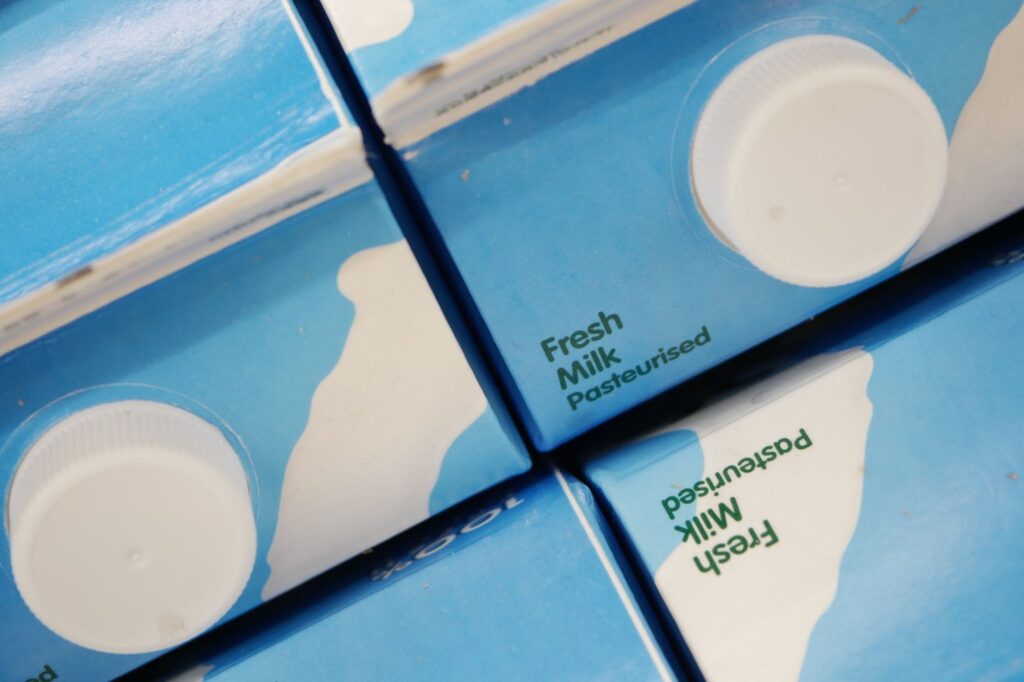
Solar thermal is an interesting technology that produces solar-generated electricity and solar-generated heat from the same system.
It consists of traditional solar panels that work to harvest the sun’s energy for electricity and it also features thermal panels that heat water.
Imagine leaving a hosepipe out in the sun all day. When you feel the temperature of the water that remains in the hosepipe, it can be scalding hot. This is kind of how the thermal panels work. The hot water is then stored in tanks for use.
This setup has shown promising results for pasteurization and sterilization, notably in dairy processing applications. For example, it can provide boiler feedwater for pasteurizing milk and provide hot water for clean-in-place sterilization.
The benefits of this are two-fold. You don’t have to use your precious solar-generated electricity to heat the water because the thermal panels can take care of that. Instead, the electricity can be used to power other systems that you use for food processing, dropping operational costs by quite a lot.
Environmental Benefits
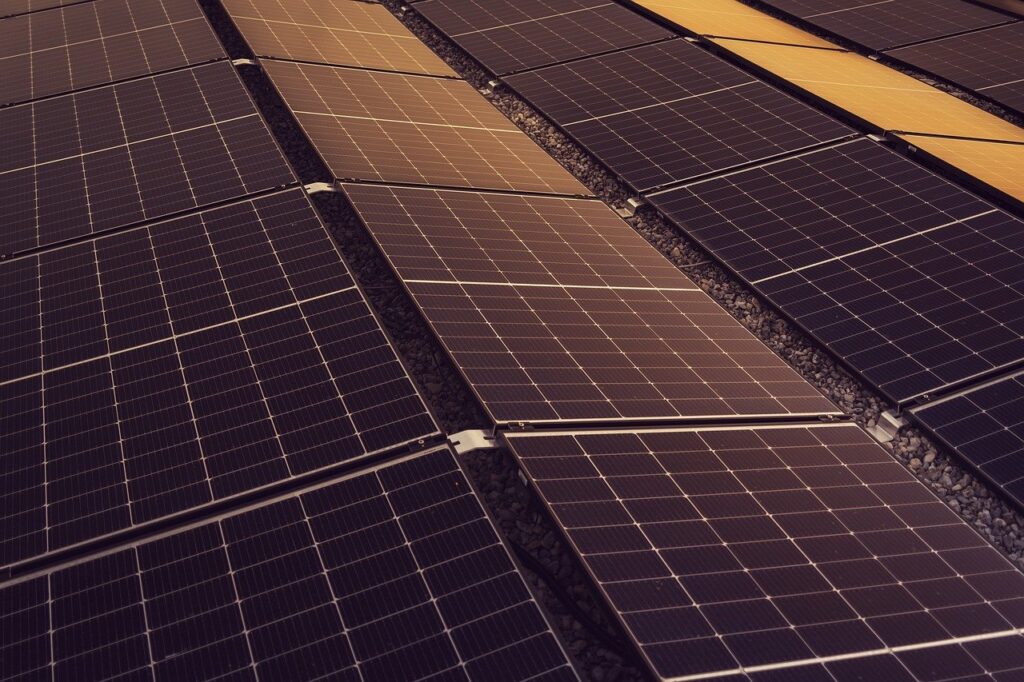
We all need to start doing our bit towards securing a sustainable future and freedom from carbon-producing fossil fuels.
Food processing is responsible for over 20% of anthropogenic greenhouse gas emissions worldwide, with 9800–16,900 million tonnes of CO2 created via the global food supply chain every year.
Around 40% of the energy consumed within the food and agricultural value chains is used for food processing (including transport).
This is massive, but you can play your part in reducing it by going solar. And when you start getting your energy from renewable sources instead of fossil fuels, your business will greatly reduce its carbon footprint in the process.
Good for your conscience and good for the planet!
Enhanced Brand Image

Going solar will have the surprising benefit of enhancing your brand image given that consumers are actively looking for socially responsible and sustainable food products.
According to Forbes, 65% of consumers look for products that help them live more sustainably, and 60% of consumers purchase products from brands that are environmentally and/or socially responsible.
Better still, over half of US consumers are happy to pay a premium for sustainably produced products.
Powering your business with solar energy will allow you to state that you are a sustainable brand, which will make your produce more desirable to consumers. And even though it will cost you less to produce and process it, your customers will be willing to pay more for it!
Long-Term Stability

We don’t know what the future holds but it sure isn’t going to get any cheaper. According to our research, if energy rates keep rising by an average of 2.6% annually, agricultural businesses will pay over $2 million for their electricity over the next 20 years.
If you pay $10,000/month now, that means you can expect to pay over $155,000/year in 2030 and over $200,000/year in 2040.
The good news is that solar panels have incredible longevity. They are guaranteed for 25 years but nearly always last much longer than that – especially if they are well-maintained. And although they drop slightly in efficiency over time, you can still enjoy significantly cheaper bills for several decades.
And as Colorado’s crumbling grid infrastructure ages and becomes less able to cope with the increased demand, you can rest easy knowing your solar panels will continue to deliver reliable and consistent power over the long term.
Incentives and Rebates

One of the biggest concerns about going solar is the upfront cost of having it installed. This is a valid concern because solar panels and associated equipment have not historically been cheap.
However, since 2009, the cost of a solar installation has dropped by around 90%, so it’s not the enormous financial outlay it once was. To make it even cheaper, the US government and Colorado have a number of awesome incentives in place.
You can get the full lowdown on all the available incentives and tax rebates by reading our in-depth article, however, we just want to touch on a couple of these that make solar energy incredibly affordable to install:
- Agricultural businesses and producers can apply for a REAP grant covering up to 50% of the cost of a solar installation;
- You can claim a 30% solar tax credit on your federal tax obligations. This is calculated as 30% of the cost of your installation;
- Several bonus tax credits are also available;
- You can also claim 28% – 33% depreciation off taxes and potentially drop into a lower tax bracket;
- And more!
With all these incentives to take advantage of, getting over 100% return on investment within the first year of going solar is very easily achievable.
Get in Touch With 8760 Solar for More
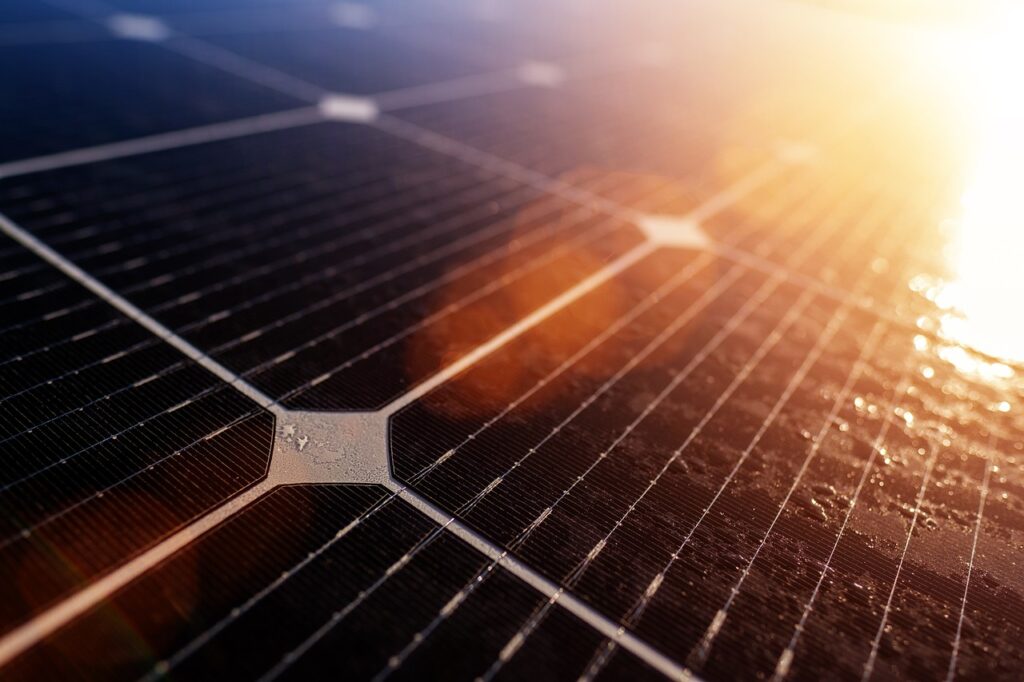
We’d love to talk to you more about the benefits of solar energy. If you are a farmer, agricultural producer, or rancher, then 8760 Solar can help you.
Our expertise lies in providing top-of-the-range solar energy solutions to Colorado’s rural businesses. Through our many years of expertise and experience, we are perfectly placed to advise you on the best type of setup for your farm.
We even help you apply for all of the incentives and tax credits and work with you closely every step of the way so you get the solar system you need.
Text “READY” to 719 470-0254 or contact us via email: sales@8760solar.com and let’s chat!
Frequently Asked Questions
What Is Solar Drying Technology for Food Preservation?
Solar drying is a safe and sustainable technology that uses solar energy to preserve and dry foods while complying with food safety regulations. Compared with sun drying, solar dryers achieve a faster and more even drying time, resulting in a higher quality product.
Which Solar Process Is Used in Food Preservation?
Solar drying is a popular solar-powered method for drying and preserving food. Solar energy can also run heating and cooling systems, refrigeration units, and heat water used for pasteurization and sterilization.
How Can Solar Energy Help Food Processing?
Solar energy helps food processing by significantly reducing energy bills and operational costs. By having an independent power source, food processing plants can achieve energy independence and resilience.
Is Solar Good for Agricultural Food Production?
Solar is good for agricultural food production because it provides a renewable, almost free, consistent, and reliable source of energy.
